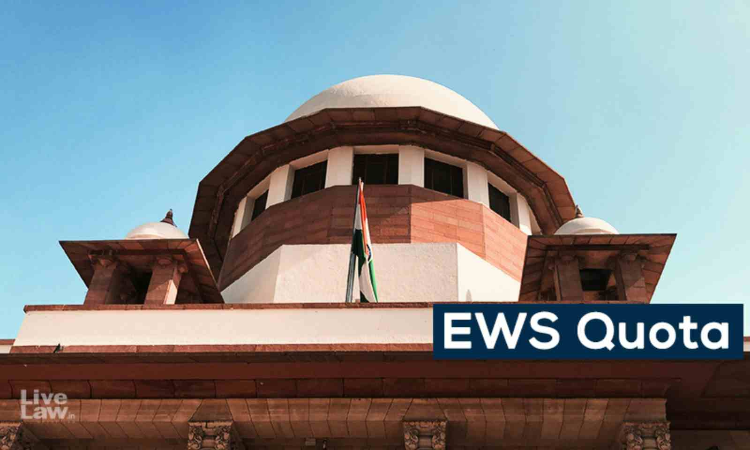EWS Reservation - No Change In Rs 8 Lakhs Gross Annual Income Cut-Off; Residential Asset Criteria Omitted : Centre Tells Supreme Court
Shruti Kakkar
2 Jan 2022 10:38 AM IST

The revised EWS criteria will be applied only from next academic year and the ongoing admissions will be as per existing norms.
Next Story


